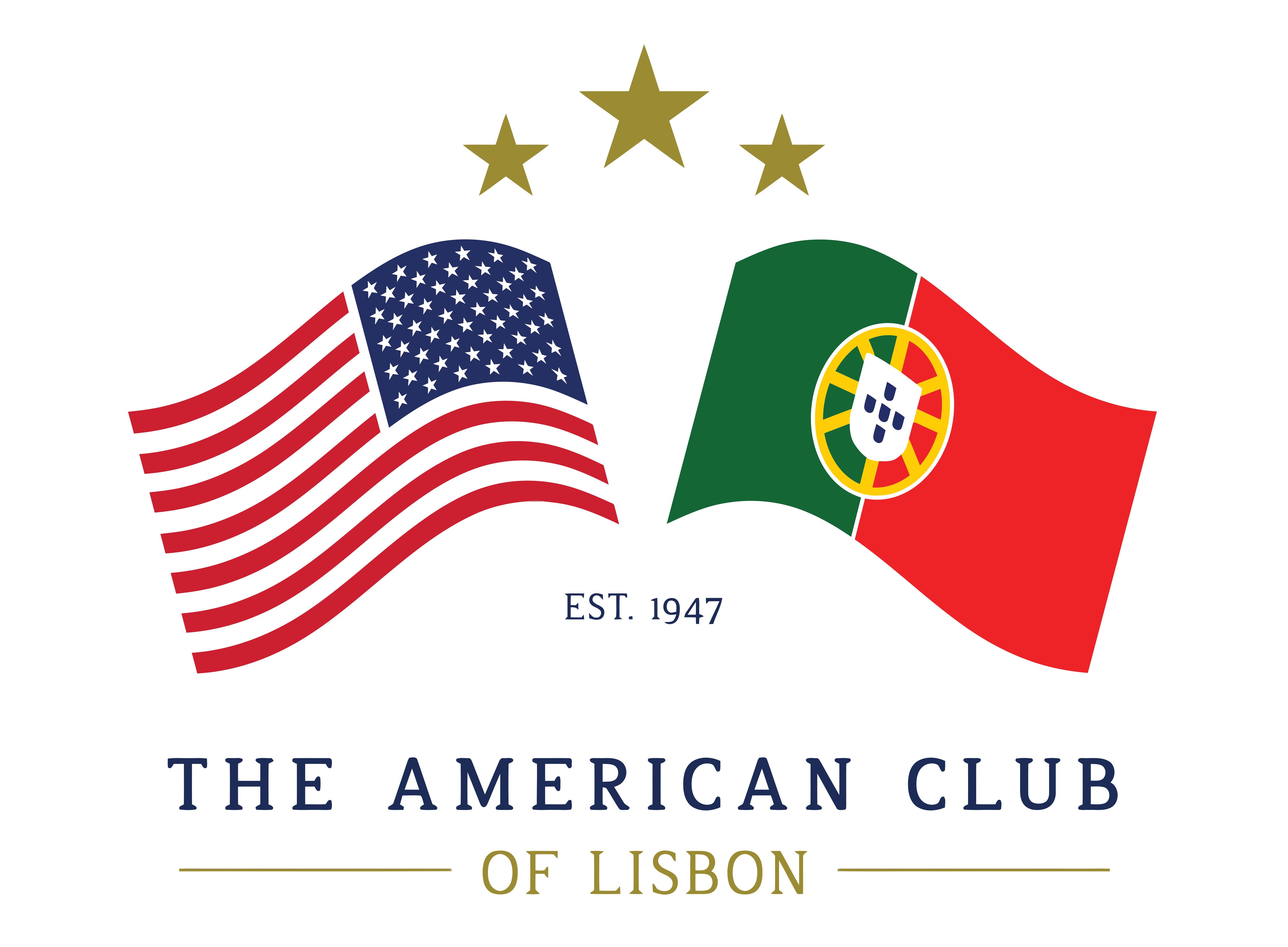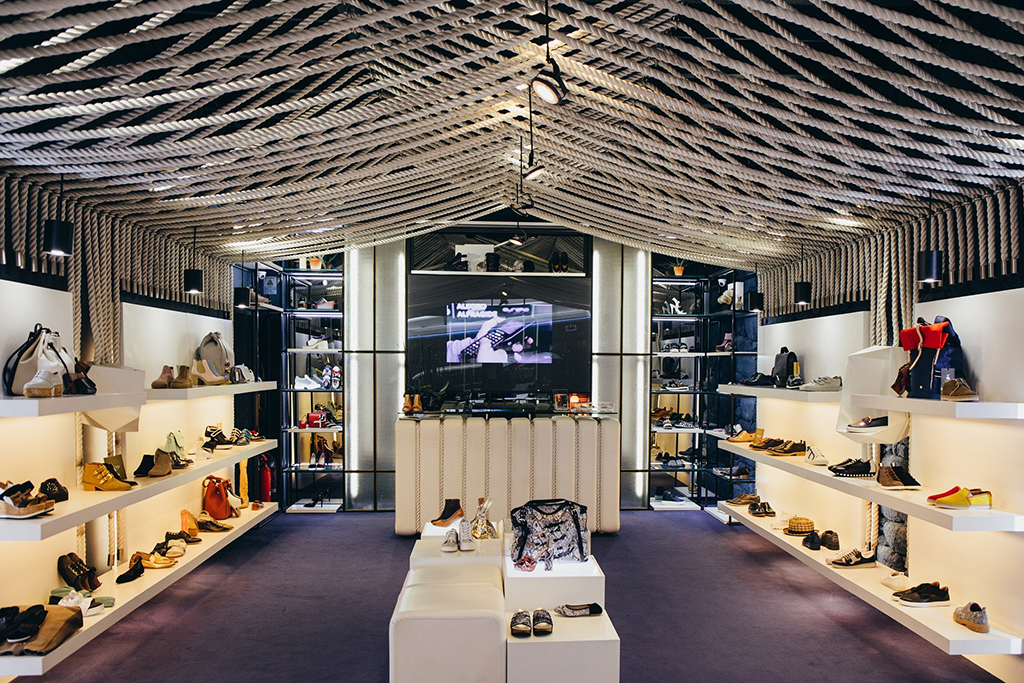Portugal’s footwear industry has turned to the luxury shoe segment in a bid to face off falling orders that are closing factories and killing jobs.
Portuguese footwear entrepreneurs have faced a perfect storm over the past 18 months with falling orders forcing the sector to prepare a production and technology strategy and find the cash to compete in the luxury market and stand out from the competition in technique and sustainability.
The Portuguese footwear industry exports over 90% of its production and a favourable situation in international markets is vital for its success and good results.
However, 2023 was not such a good year with the national industry losing €10 million pairs in orders and 8.2% in the value of its exports compared to 2022.
In an interview with the online news source ECO at the MICAM shoe fair in Milan – the most important in the world – Paulo Gonçalves, spokesman for the sector association APICCAPS, said that 2023 had been a very difficult year for companies — for some, the worst year ever — and 2024 would be equally demanding.
“The general economic slowdown, in particular affecting Portugal’s main footwear export markets, coupled with two wars, inflation, and high interest rates have reduced consumer confidence and crushed family budgets” he said.
Paulo Gonçalves stressed that over the past 18 months hundreds of independent shoe shops have vanished in central Europe, one of the main markets for Portuguese footwear.
Last year, the Portuguese footwear industry lost 56 companies, 1,361 jobs on 2022 and has “practically exhausted available labour in the main production centres in Portugal – Felgueiras, Guimarães, Santa Maria da Feira, and Oliveira de Azeméis”.
Paulo Gonçalves said that this “traditional industry” was not “immune to cyclical downturns” but said “significant oscillations” in sales were not expected this year.

